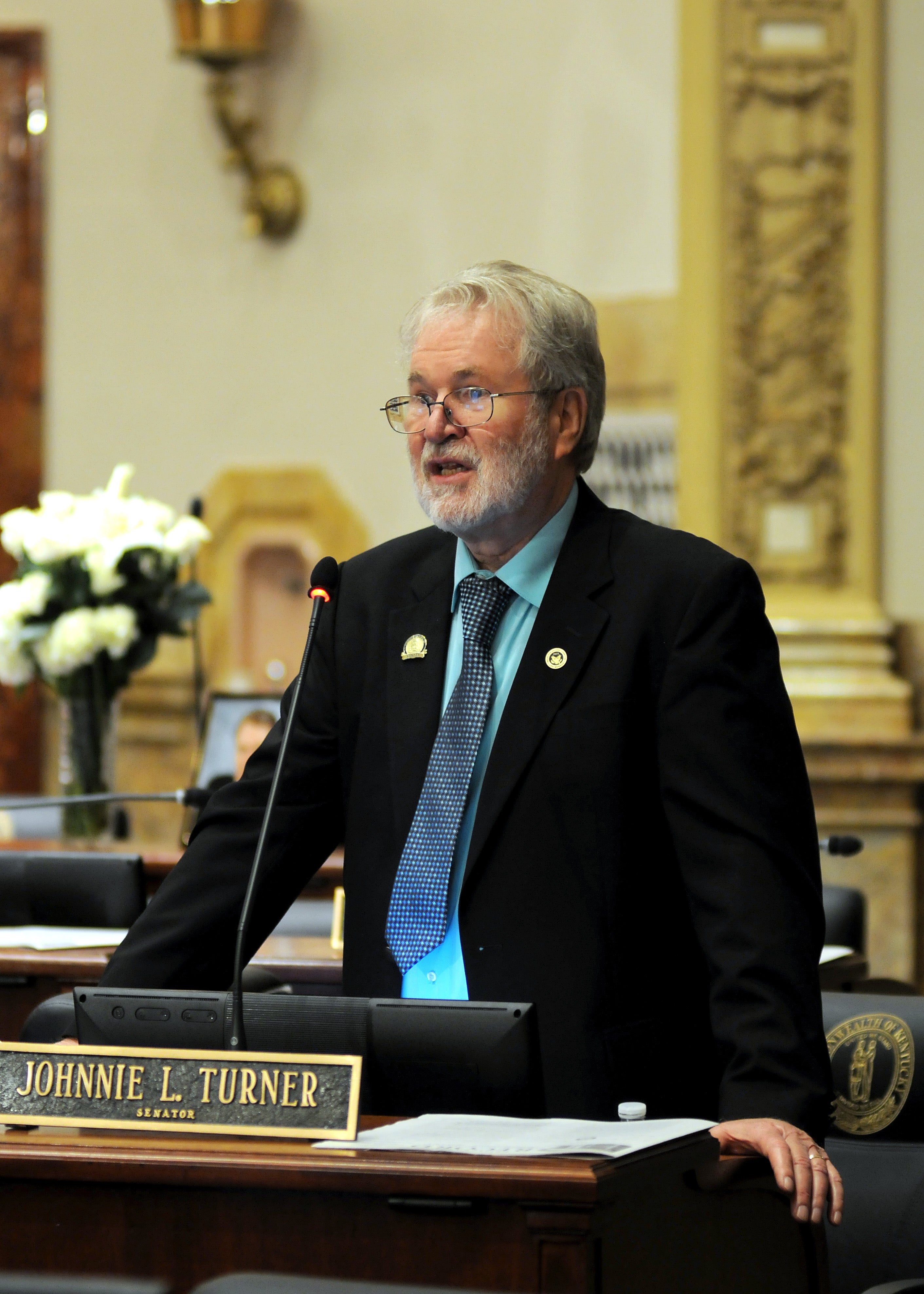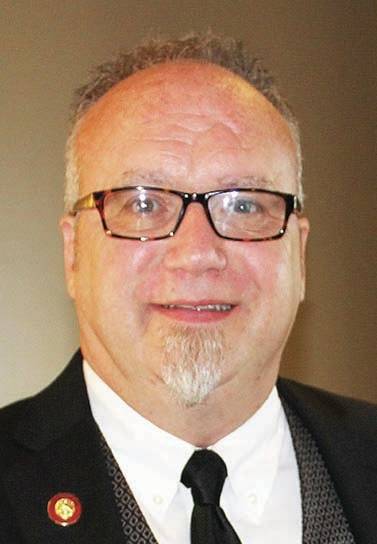TURNER’S UPDATE: Extraordinary session wrap-up
Published 2:50 pm Monday, September 20, 2021
|
Getting your Trinity Audio player ready...
|
Senator Johnnie L. Turner
The Kentucky General Assembly got to work during a three-day extraordinary session that ended just before midnight on Thursday, September 9. Upon the Governor’s call for a session, we passed bills dealing with many aspects of the pandemic, ranging from education to public health and more. While no action taken during the pandemic will enjoy universal support, Republican supermajorities took a balanced approach by considering public health, individual liberties, and localized control, proving the Governor and lawmakers can work together to address the challenges we face.
The extraordinary session follows the unanimous 7-0 ruling from the Supreme Court of Kentucky affirming the legislature’s role in determining state law. New COVID-19 mitigation strategies were considered to provide relief to institutions strained by the pandemic, including schools, hospitals, businesses, and nursing homes.
House Joint Resolution (HJR) 1 extended noncontroversial and agreeable orders and regulations. Examples include a prohibition on price gouging, waiving costs for COVID-19 related screenings, testing, immunizations, and lifting regulations that allow emergency responders and other agencies to address staffing challenges by rehiring retired employees. HJR 1 received overwhelming bipartisan support in the State House, where it passed 92-3, and in the State Senate, where it passed 32-4.
Of particular note is that we did not extend the Governor’s mask mandate, and we declared the unelected Kentucky Board of Education members’ mask mandate null, void, and unenforceable in SB 1. Broad unilateral edicts such as this had no support in the General Assembly. After a long and strenuous 18-month struggle and win in the state’s highest court system, lawmakers and citizens are finally afforded a seat at the table where these decisions are made. The legislature chose to listen to constituents and develop a more targeted response to COVID-19 that values local decision-making and accounts for the holistic good of the commonwealth. Local decision-making should be respected, and since the legislation’s passage, it has already proven to work, as businesses, local governments, and school districts are considering their policies.
For federal funding and other regulations that we viewed as essential, we allowed a limited extension of the state of emergency declaration until January 15, 2022. The General Assembly returns in January for the start of the 2022 Regular Session. Lawmakers will be able to determine if the state of emergency is necessary to maintain beyond that point. The Governor retains the ability to call us back into session again if he deems it necessary. However, we cannot remain in a perpetual state of emergency forever, and it is vital to provide the public an acknowledgment of that. Kentucky is one of about half of the states in the nation that is still under a state of emergency. Until this action by lawmakers, the commonwealth was one of only ten states operating under an indefinite state of emergency. Actions of the Kentucky General Assembly are not the exception to the rule; the prior 18-months were.
SB 1 prioritizes in-person learning by stabilizing school funding, assisting with staff shortages, and creating conditions for state and local health departments to support local school districts with their COVID-19 mitigation plans. The legislature chose to provide districts with 20 days of remote instruction (not to be confused with Non-Traditional Learning) for flexibility in mitigating the spread in their local communities. The bill also provides much-needed relief to address staffing shortages by allowing easier rehiring of retired teachers.
Under this legislation, the Kentucky Department for Public Health (DPH) would develop a “test-to-stay” model for school districts to minimize quarantining for non-symptomatic students and staff, encouraging students to be in the classroom as much as possible. Additional language in SB 1 provides that the DPH shall assist local school districts in implementing their board-approved COVID-19 plans, whether they concern a test-to-stay method, masking guidelines, contact tracing, or quarantine.
A lot of good work went into SB 2. It concerns more direct health-related matters. The bill assists health care providers, jails, prisons, homeless shelters, and local health departments in acquiring COVID-19 tests. It will allow paramedics to work in hospitals to relieve the nursing shortage. Hospital staffing shortages are an urgent matter and one that should have been addressed by the executive branch earlier in the pandemic and certainly ahead of the recent wave of COVID-19.
SB 2 also establishes safety protocols for loved ones to visit family members in long-term care facilities. Loneliness and separation from loved ones among residents have been heartbreaking. SB 2 recognizes the importance of social and emotional needs and defines criteria for designating a family member or friend as an essential, compassionate caregiver. The bill encourages vaccinations, COVID-19 testing, and greater access to monoclonal antibody treatments, such as Regeneron.
My colleagues and I feel strongly that a new approach is essential to address the pandemic. Messaging from—whether fairly judged or not—highly politicized government agencies and officials has reached the extent of its efficacy. We can find more success by leaning less on bureaucrats and distant officials in Frankfort and more on trusted local voices such as our doctors, educators, family, friends, and others. Relationships matter, so please be kind to one another and respect the concerns others may have.
Other legislation included SB 3, which directs more than $69 million to help health care providers, schools, and others implement provisions of SB 1 and SB 2. These include purchasing COVID-19 tests, establishing regional monoclonal antibody treatment centers, and test-to-stay programs in schools. Additionally, SB 5, an economic development incentive bill requested by the Governor, allows Kentucky to compete for projects that include a minimum outside investment of $2 billion. This investment will help continue the economic successes of policies implemented by the General Assembly since 2016.
The Governor vetoed and line-item vetoed some bills, but the legislature swiftly and overwhelmingly overrode them. With emergency clauses, they went into effect immediately.
As a legislative body, it is our job to stabilize the system, and this new legislation is an attempt to do so during these unprecedented times. Much work remains ahead of us during the 2022 Regular Session.





